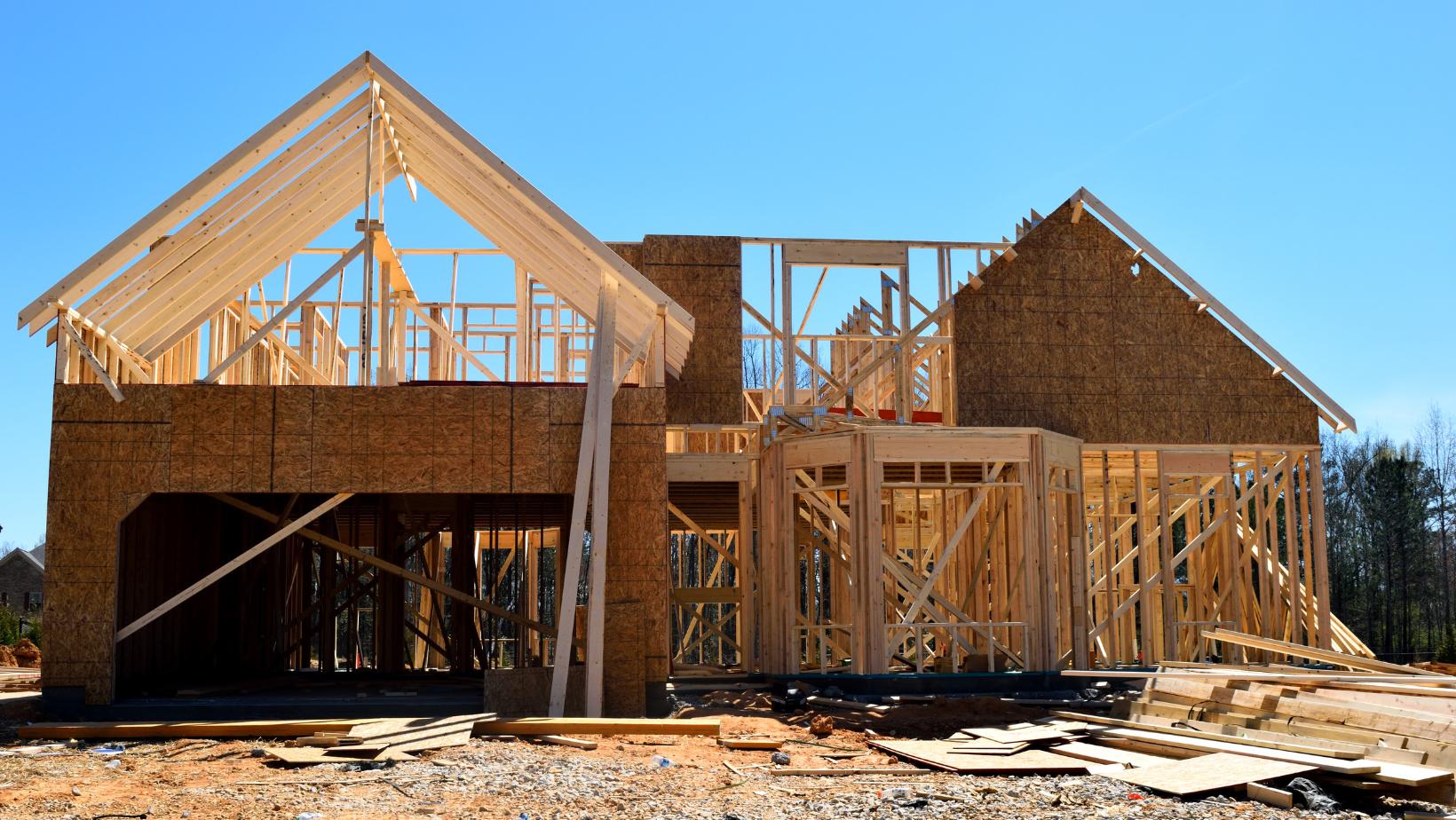When it comes to home construction loans, understanding your borrowing capacity is crucial. Your borrowing capacity determines how much you can afford to borrow, which in turn affects your ability to finance your dream home. In this blog, we’ll explore the role of borrowing capacity in home construction loans and provide tips on how to maximize your borrowing potential.
1. What is Borrowing Capacity?
Borrowing capacity refers to the maximum amount of money a lender is willing to lend you based on your financial situation. It takes into account various factors such as your income, expenses, existing debts, and savings. Understanding your borrowing capacity is the first step in determining how much you can afford to spend on your home construction project.
2. Why is Borrowing Capacity Important for Home Construction Loans?
Your borrowing capacity plays a significant role in home construction loans for several reasons:
A. Determines Loan Amount
The amount you can borrow directly impacts the size and scope of your construction project. A higher borrowing capacity allows you to finance a larger, more ambitious home, while a lower capacity may require you to scale back your plans.
B. Affects Repayment Ability
Your borrowing capacity also influences your ability to repay the loan. Lenders will assess whether your income and expenses allow you to comfortably manage the repayments without financial strain. This ensures you can maintain a healthy financial situation throughout the construction process and beyond.
C. Influences Loan Terms
Your borrowing capacity can affect the terms of your home construction loans, including the interest rate, loan term, and repayment schedule. A higher borrowing capacity may qualify you for better terms, such as lower interest rates or more flexible repayment options.
3. Factors That Affect Borrowing Capacity
Several factors can influence your borrowing capacity when applying for home construction loans:
A. Income
Your income is a primary factor in determining your borrowing capacity. Lenders will consider your gross income, including salary, wages, and any additional sources of income. A higher income generally means a higher borrowing capacity.
B. Expenses
Your monthly expenses, such as rent or mortgage payments, utilities, groceries, and other living costs, will be taken into account. Higher expenses can reduce your borrowing capacity, as lenders need to ensure you have enough disposable income to cover loan repayments.
C. Existing Debts
Any existing debts, such as personal loans, credit card balances, or car loans, will impact your borrowing capacity. High levels of debt can reduce the amount you can borrow, as lenders will consider your overall debt-to-income ratio.
D. Savings and Assets
Your savings and other assets, such as investments or property, can enhance your borrowing capacity. Lenders view these as additional financial resources that can help you manage the construction loan and repayments.
E. Credit Score
Your credit score is a critical factor in determining your borrowing capacity. A good credit score demonstrates your ability to manage debt responsibly, which can increase your borrowing capacity. Conversely, a poor credit score may limit your borrowing potential.
4. How to Maximize Your Borrowing Capacity
Maximizing your borrowing capacity can help you secure a larger home construction loans and achieve your dream home. Here are some tips to improve your borrowing capacity:
A. Improve Your Credit Score
Before applying for home construction loans, take steps to improve your credit score. Pay your bills on time, reduce credit card balances, and avoid applying for new credit. A higher credit score can enhance your borrowing capacity and qualify you for better loan terms.
B. Reduce Existing Debts
Paying down existing debts can improve your debt-to-income ratio, making you a more attractive borrower. Focus on reducing high-interest debts and maintaining a healthy balance between your income and expenses.
C. Increase Your Income
If possible, consider ways to increase your income, such as taking on additional work or seeking a higher-paying job. A higher income can directly increase your borrowing capacity and allow you to finance a larger construction project.
D. Save More Money
Building up your savings can enhance your borrowing capacity. Lenders view savings as a financial cushion that can help you manage the construction loan and repayments. Aim to save a significant amount before applying for home construction loans.
E. Work with a Mortgage Broker
A mortgage broker can provide valuable guidance and help you maximize your borrowing capacity. They can assess your financial situation, identify areas for improvement, and negotiate with lenders to secure the best possible loan terms.
5. Conclusion
Understanding the role of borrowing capacity in home construction loans is essential for achieving your dream home. By assessing your financial situation, understanding the factors that influence your borrowing capacity, and taking steps to improve it, you can secure the financing you need for your construction project. Remember, a higher borrowing capacity not only allows you to finance a larger home but also ensures you can manage the loan repayments comfortably. With the right approach and professional guidance, you can turn your dream home into a reality.


